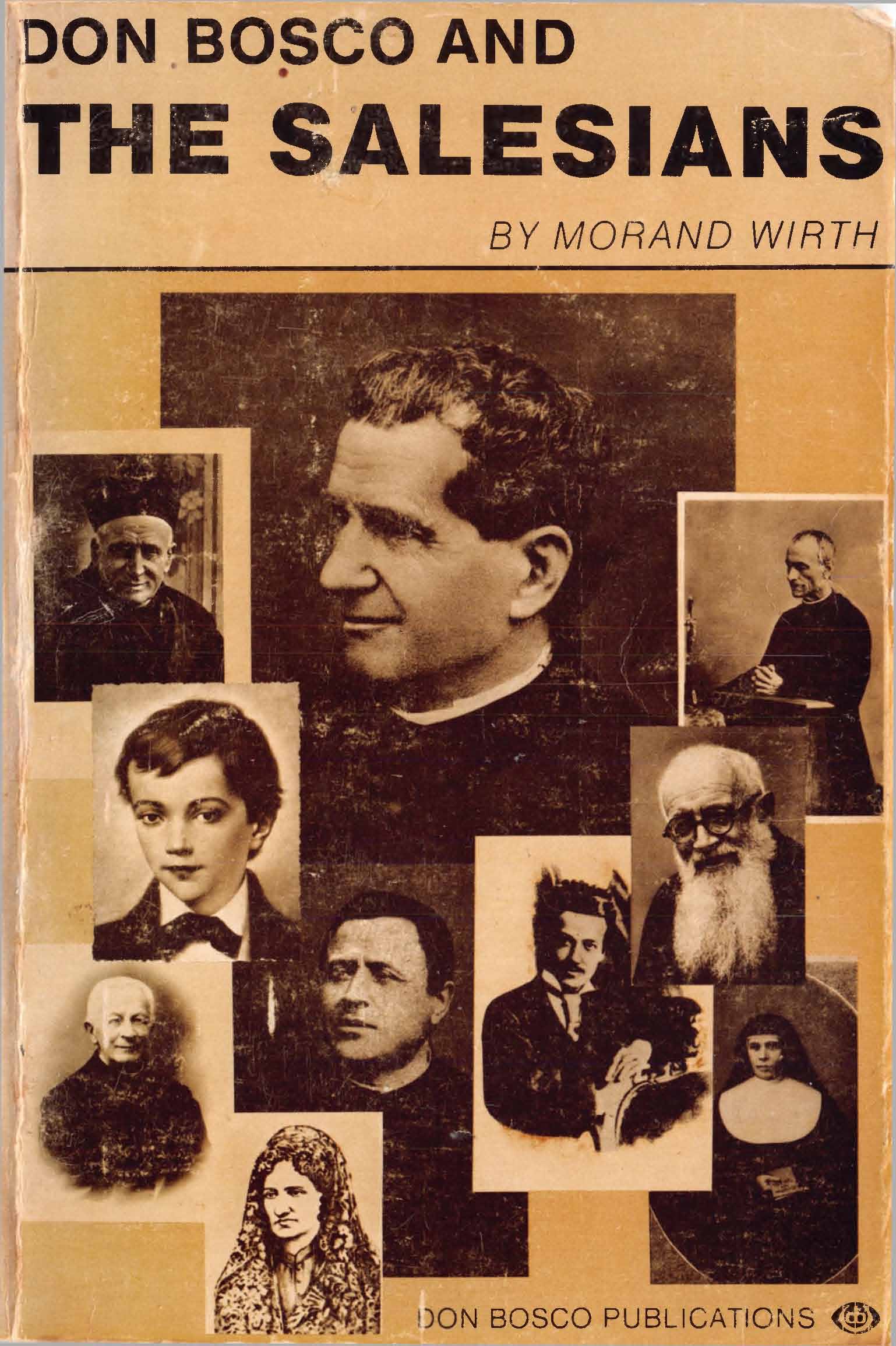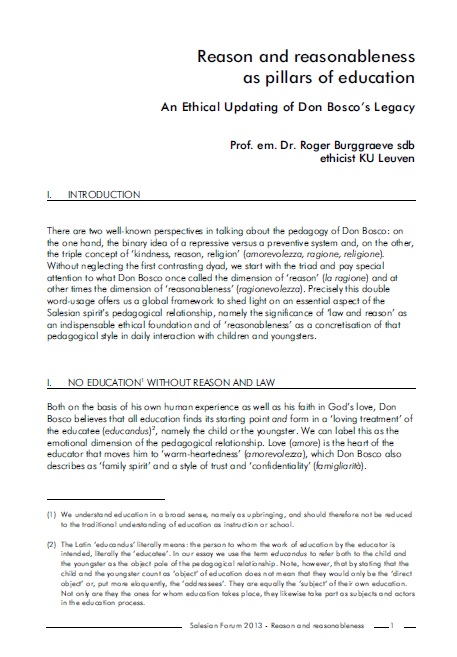Per facilitare l’uso dei diversi testi riguardanti le successive fasi redazionali della cosiddetta “lettera da Roma lunga” di don Bosco del 10 maggio 1884 abbiamo preparato un sussidio con sei colonne parallele. Per cinque delle sei colonne abbiamo seguito l’ indicazione o lettera introdotta da Pietro Braido nell’edizione critica di questi manoscritti (Braido P., La lettera di don Bosco da Roma del 10 maggio 1884, Roma, LAS, 1984.) Continue reading “Jos Biesmans,Rik Biesmans – The Magna Carta of the Salesian Educational System, Sussidio”











